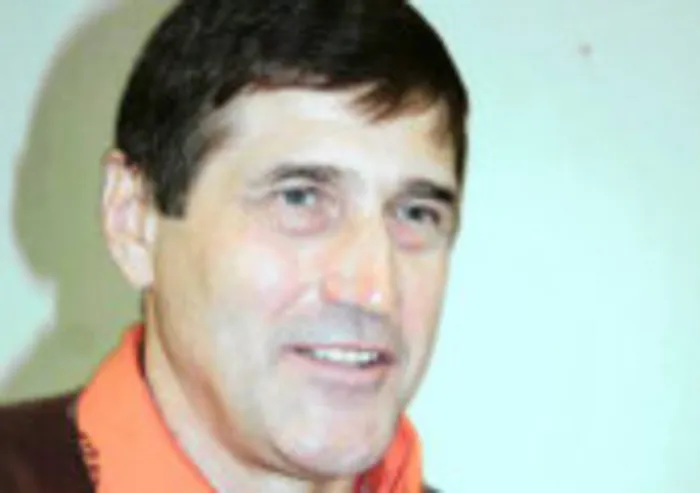Hit squad killers in line for parole

Vlakplaas commander Eugene de Kock could be a free man if he's paroled. Vlakplaas commander Eugene de Kock could be a free man if he's paroled.
Apartheid hit squad killers Eugene de Kock and Ferdi Barnard are being considered for parole.
A Department of Correctional Services spokesperson said they were supposed to have appeared before the parole board on Tuesday, but their appearance was postponed and the new date could not be confirmed.
About 10 other prisoners serving life sentences are also up for consideration at the same parole board sitting.
The consideration for parole does not guarantee release as parole may be refused.
Both prisoners were automatically referred for parole in terms of departmental policy, said the spokesperson.
If the parole board recommends parole, the minister of correctional services makes a final decision.
De Kock headed the covert security police unit based at Vlakplaas near Pretoria, while Barnard was linked to the military’s covert Civil Co-operation Bureau.
Barnard was sentenced in June 1998 to two life terms plus 63 years.
De Kock was sentenced in October 1996 to two life sentences plus 212 years on 89 charges, including six of murder, two of conspiracy to commit murder, attempted murder, culpable homicide, kidnapping, fraud and illegal possession of weapons.
He received amnesty for some of his crimes.
De Kock and Barnard are among about 5 000 prisoners to benefit from two recent court rulings on parole, in March and July.
One ruling ordered that the parole law that existed before October 1, 2004 should be applied to those who were sentenced before that date. Correctional Services had been applying the current law to all, irrespective of when they were sentenced.
This means that those sentenced to life imprisonment before October 1, 2004 may apply for parole after having served 13 years and four months of the sentence.
All those sentenced to life imprisonment after October 1, 2004 must serve a minimum of 20 years before applying for parole.
In August, Correctional Services officials said 402 people had been sentenced to life in jail between March 1994 and June 1998.
This group had, by August, served the minimum of 13 years and four months, so they were eligible to apply for parole.
A further group of 4 267 people was sentenced to life imprisonment between June 1998 and September 2004, so would be eligible to apply for parole as soon as they had served that minimum time.
The department spokesperson said parole applications for 366 of the 377 lifers who qualified to apply earlier for parole under the March ruling had been submitted.
“Of the 366 cases, 96 have been given day parole, 43 parole, five parole from day parole, 215 awaiting further profiling, two referred to a mental institution, one day parole cancelled and two deported,” said the official.
All the cases arising from the July ruling had still to be considered by the National Council for Correctional Services, said the official.
On Tuesday, Correctional Services could not say whether any victims or their families had made submissions on De Kock or Barnard, or were even aware they were up for consideration for parole.
One prisoner who won’t benefit is Paul Thabang Khumalo, whose delayed trial – for killing a policeman – meant he was sentenced after the law changed.
Khumalo was finally sentenced to life imprisonment in November 2004, two months after the law changed, so he must serve 20 years before applying for parole.
Victims or their relatives can contact Correctional Services on e-mail victimsandparole@dcs.gov.za or phone 012 307 2166. - The Star